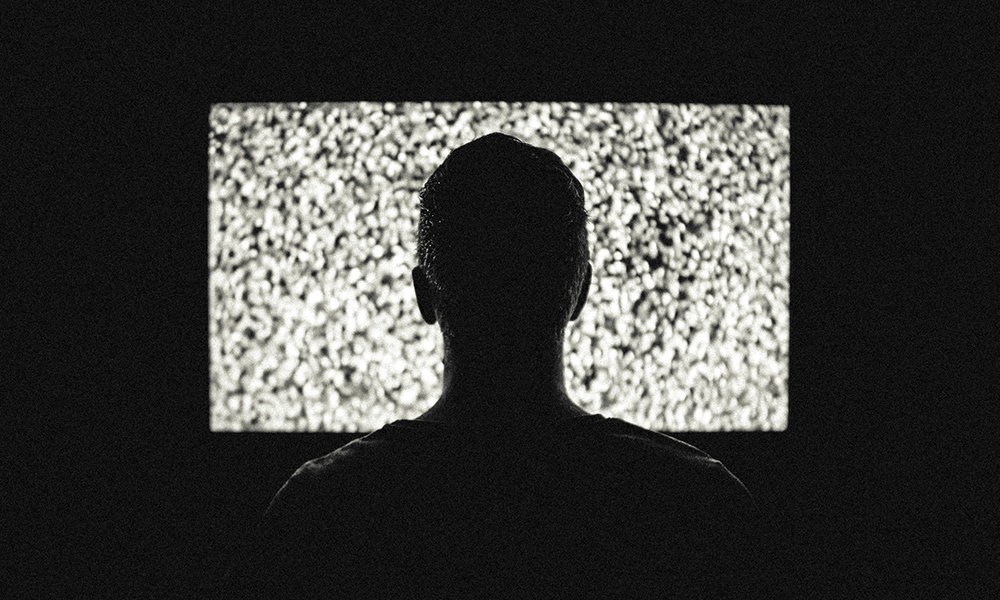Why Your Free Time Is So Draining
Success Magazine, Shawn Achor
August 18, 2017
As Cathy sits tethered to her desk on Tuesday, she daydreams about the upcoming Saturday and all of its possibilities. She wants to go biking on the trail by her house, join in a pickup soccer game at the local park and see that Matisse exhibit at the museum. She might even dive into that pile of books she has been wanting to read. Like all of us, Cathy has a number of hobbies and activities that engage her interests and strengths, energize her days and make her happy. And yet, when her free Saturday actually does roll around, where does she end up? Conspicuously not on her bike or at the soccer field, and certainly not at that art exhibit everybody was raving about—it’s 20 minutes away! Her remote control, on the other hand, is within very easy reach, and Bravo happens to be airing a Top Chef marathon. Four hours later, Cathy has sunk deeper and deeper into the couch, unable to shake a listless sense of disappointment. She had better plans for the afternoon, and she wonders what happened to them.
What happened to Cathy was something that happens to all of us at one time or another. Inactivity is simply the easiest option. Unfortunately, we don’t enjoy it nearly as much as we think we do. In general, Americans actually find free time more difficult to enjoy than work. If that sounds ridiculous, consider this: For the most part, our jobs require us to use our skills, engage our minds and pursue our goals—all things that have been shown to contribute to happiness. Of course, leisure activities can do this too, but because they’re not required of us—because there is no “leisure boss” leaning over our shoulders on Sunday mornings telling us we’d better be at the art museum by 9 a.m. sharp—we often find it difficult to muster the energy necessary to kick-start them. So we follow the path of least resistance, and that path inevitably leads us to the couch and the TV. And because we are “mere bundles of habit,” the more often we succumb to this path, the more difficult it becomes to change directions.
Unfortunately, although these types of “passive leisure,” like watching TV and trolling around on Facebook, might be easier and more convenient than biking or looking at art or playing soccer, they don’t offer the same rewards. Studies show that these activities are enjoyable and engaging for only about 30 minutes, then they start sapping our energy, creating what psychologists call “psychic entropy”—that listless apathetic feeling Cathy experienced.
On the other hand, “active leisure” like hobbies, games, and sports enhance our concentration, engagement, motivation and sense of enjoyment. Studies have found that American teenagers are two and a half times more likely to experience elevated enjoyment when engaged in a hobby than when watching TV, and three times more likely when playing a sport. And yet here’s the paradox: These same teenagers spend four times as many hours watching TV as they do engaging in sports or hobbies. So what gives? Or, as psychologist Mihaly Csikszentmihalyi put it more eloquently, “Why would we spend four times more time doing something that has less than half the chance of making us feel good?”
The answer is that we are drawn—powerfully, magnetically—to those things that are easy convenient and habitual. And it is incredibly difficult to overcome this inertia. Active leisure is more enjoyable, but it almost always requires more initial effort—getting the bike out of the garage, driving to the museum, tuning the guitar and so on. Csikszentmihalyi calls this “activation energy.” In physics, activation energy is the initial spark needed to catalyze a reaction. The same energy, both physical and mental, is needed of people to overcome inertia and kick-start a positive habit. Otherwise, human nature takes us down the path of least resistance time and time again.
Make a promise to yourself that you’ll engage in active leisure this upcoming weekend. You’ll be glad you did.

